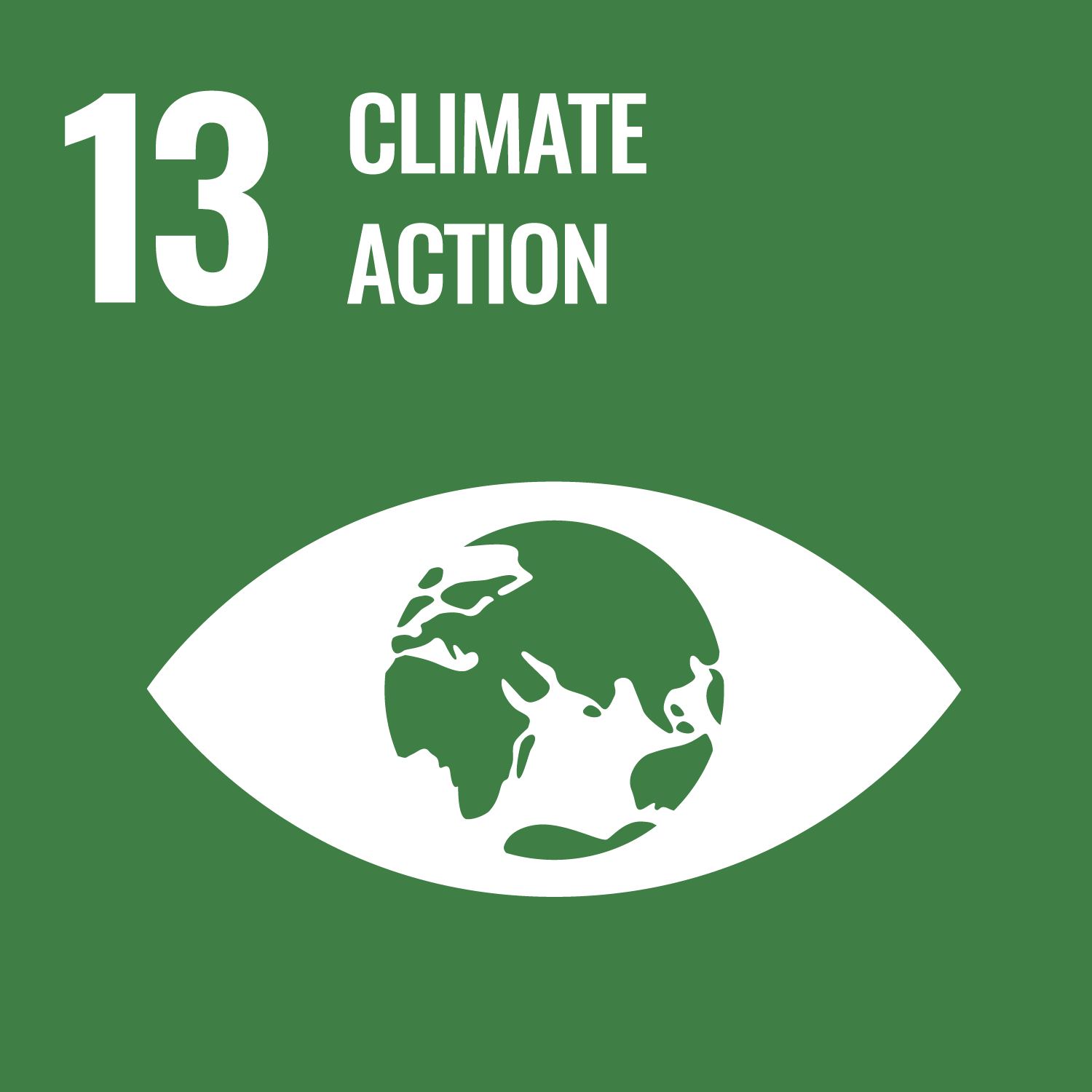ORCID
- John I. Spicer: 0000-0002-6861-4039
Abstract
Editorial on the Research Topic The adaptation and response of aquatic animals in the context of global climate change Anthropogenic climate change has brought on widespread changes in marine environments, including ocean warming, ocean acidification, the development and expansion of hypoxic zones. These environmental changes represent major threats to marine life, challenging the survival and adaptation of marine organisms. The adverse effects of these changes can interact in synergistic, additive or antagonistic ways (Huo et al., 2019a; Huo et al., 2019b; Small et al., 2020; Collins et al., 2021), evidencing different biological influence compared to their individual action (Huo et al., 2021a). Such influence can vary across populations and species as a consequence of differences in phenotypic plasticity and physiological tolerances shaped by their specific environmental and genetic backgrounds (Gaitán-Espitia et al., 2017a; Gaitán-Espitia et al., 2017b). These factors ultimately modulate the ecological response and evolutionary adaptation of marine organisms to climate change. From an ecological perspective, changes in the marine environment are likely to have significant negative phenotypic effects (e.g., physiology, behavior, gene/protein expression), across levels of biological organization (i.e., from individuals, populations, to species). These changes can alter the ingestion, digestion, respiration and growth of aquatic animals (Huo et al., 2018), potentially influencing demographic and genetic declines driven, for instance, by massive mortality (Huo et al., 2021b). From an adaptive evolution perspective, phenotypic plasticity appears to be a suitable strategy to cope with these changes, at least in the short-term, through behavioral, physiological, life-history and morphological adjustments (Gaitán-Espitia et al., 2017b). However, there are limits for plastic adjustments beyond which populations and species require genetic and cellular modifications to adapt to the unfavorable environmental conditions. These adaptive responses include microevolutionary changes of transcriptional, translational and post-translational mechanisms underpinning phenotypic responses (Huo et al., 2021b). Through the study of these mechanisms, we can gain better understanding of the costs and trade-offs of adaptive evolution in marine animals under climate change.
DOI Link
Publication Date
2023-07-14
Publication Title
Frontiers in Marine Science
Volume
10
Acceptance Date
2023-06-29
Deposit Date
2023-11-28
Embargo Period
2023-11-29
Recommended Citation
Huo, D., Gaitán-Espitia, J., Spicer, J., & Yang, H. (2023) 'Editorial: The adaptation and response of aquatic animals in the context of global climate change', Frontiers in Marine Science, 10. Available at: 10.3389/fmars.2023.1231099


